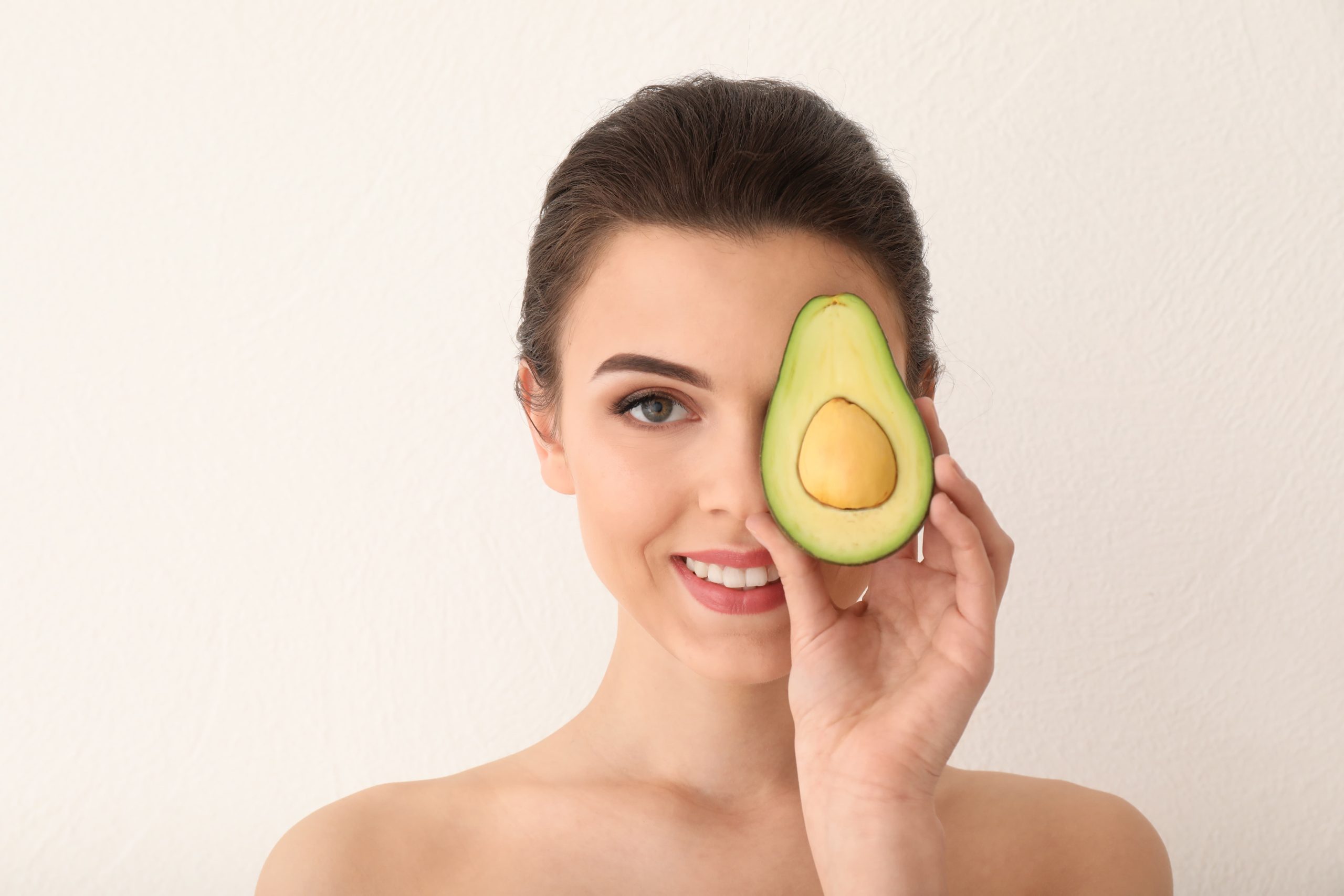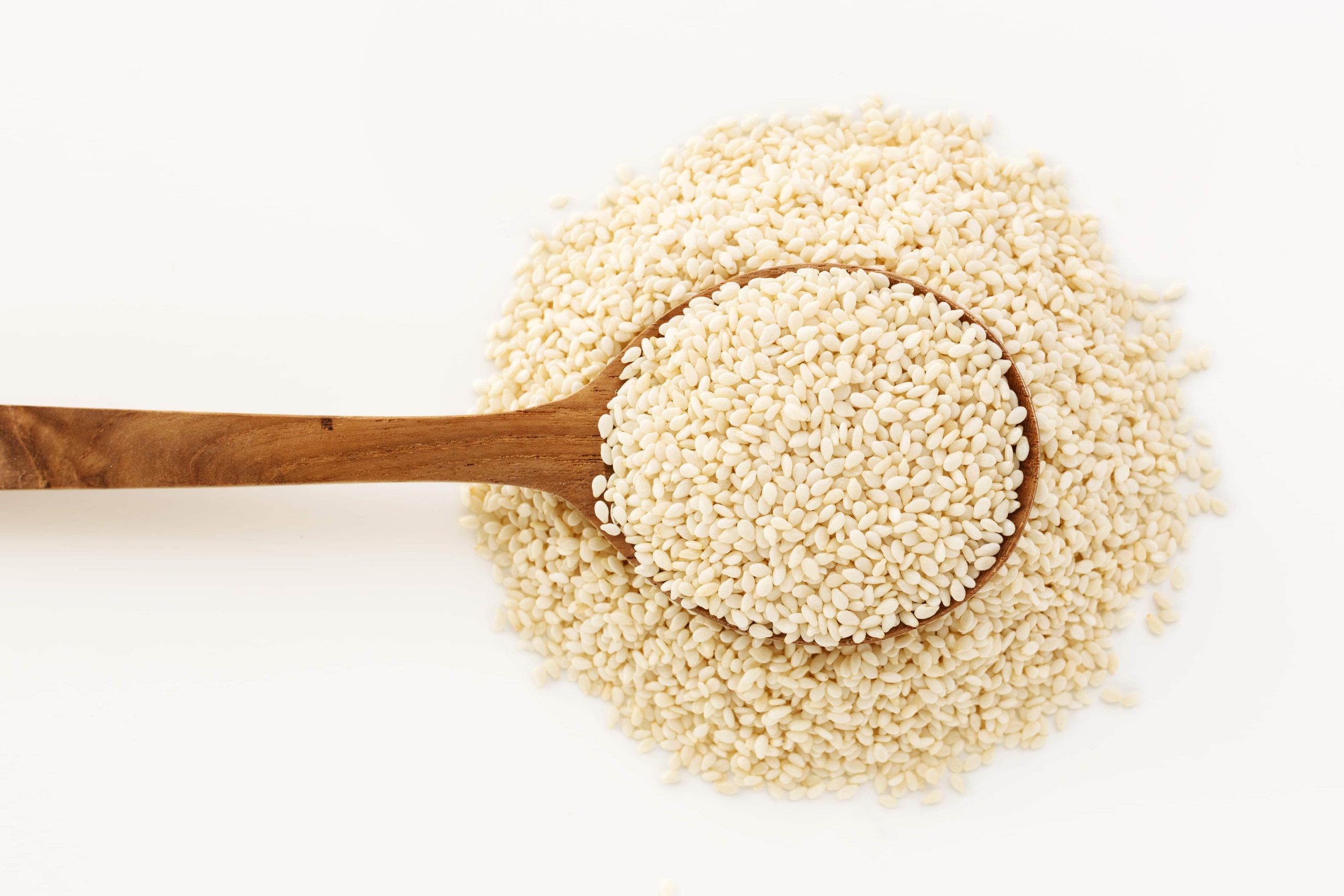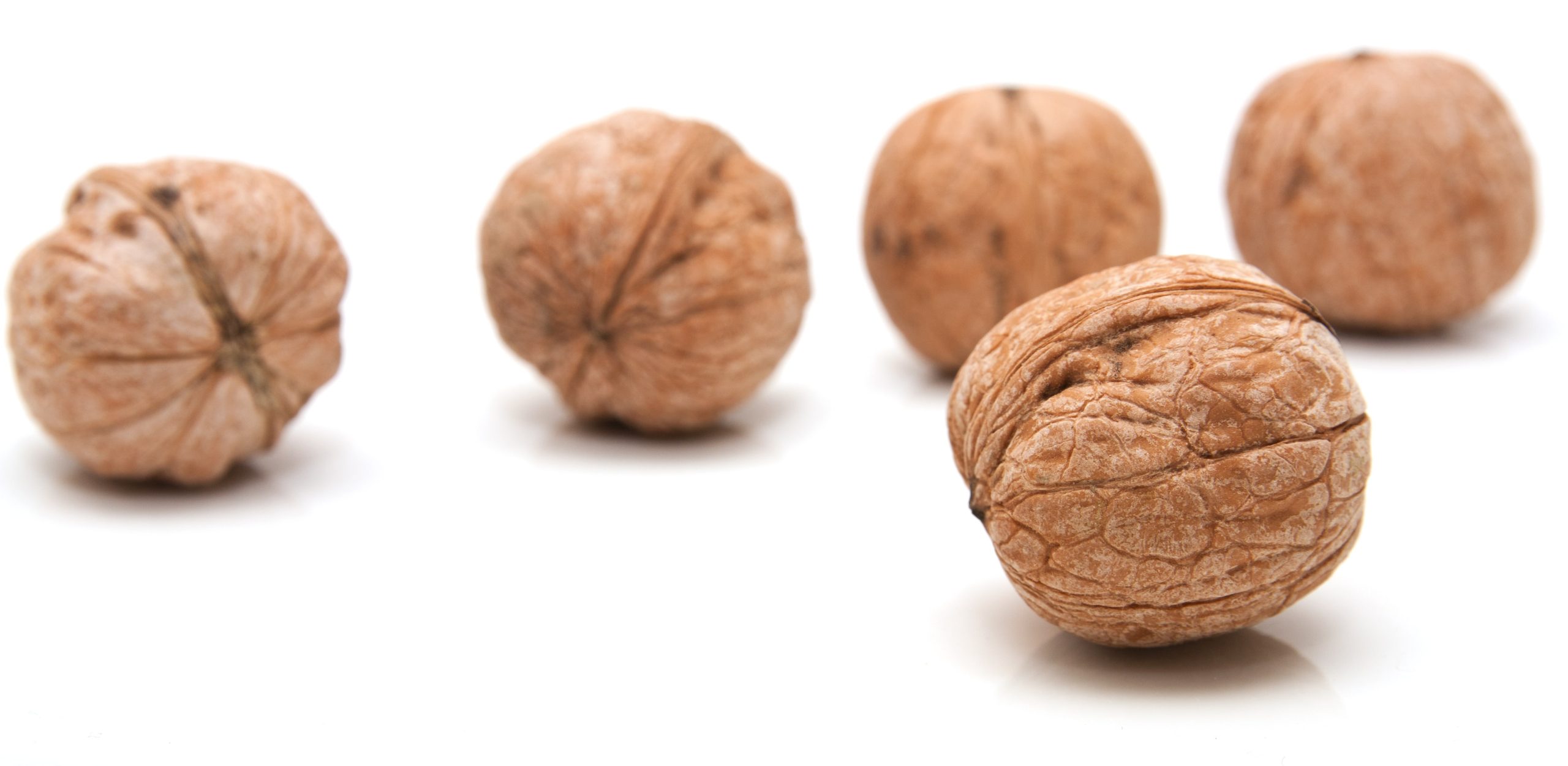
AVOCADO: STRONG PROTECTION AGAINST CARDIOVASCULAR DISEASE!
Avocado comes from a tree known as butter tree and first appeared in Mexico. It is now cultivated in many countries around the world and is a component of various recipes, but is also consumed by many of its “fans”. This excellent butter -flavor fruit is rich in nutrients and according to research, it has important properties for our health.
Avocado helps to lower blood pressure and bad-LDL cholesterol while increasing good-HDL cholesterol. Potassium, folic acid, monounsaturated and omega-3 fats, phytosterols and finally vitamin E containing the cardioprotective properties of avocado, reducing the likelihood of heart disease and heart disease.
In particular, the optimization of plasma lipoproteins is the primary objective of pharmacotherapy and nutrition interventions in people at risk of cardiovascular disease. Avocados are a source of monounsaturated fatty acids (MUFA) that can be used to replace saturated fatty acids (SFAs) on a diet to reduce cholesterol, low density lipoprotein (LDL-C) and produce beneficial effects of people suffering from cardiovascular disease.
It has been scientifically documented by a wealth of research studies that diets with increased avocado intake significantly reduce cholesterol, LDL cholesterol and triglycerides.
The above finding is also documented by the clinical study of Lopez Ledesma R, Frati Munari AC, (etc.) entitled: “Monounsatrated Fattyacid (Avocado) Rich Diet for Mild Hypercholesterolemia”, according to which the effect of a high -ranking chickens. (MFA) in serum lipids. In thirty (30) healthy adult volunteers, 15 people with hypertriglyceridemia and 37 adult patients with mild hypercholesterolemia, values of total cholesterol serum, cholesterol LDL, and triglycerides before and after a 7 -day diet.
In healthy people who followed the high MFA diet, reduced total cholesterol by 16%, in hypercholesterolemic individuals there was a significant decrease in total serum cholesterol (17%), bad -ldl -cholesterol (22%) and triglycerides (22%), also values of good-HDL-cholesterol levels increased (11%).
In the conclusions of this study, you note that a high -content diet, and avocado -enriched, can improve the profile of lipids in healthy and especially mild hypercholesterolemic patients, even if there is hypertriglycemia.
Finally, in healthy people as well as people who belong to the high risk for hypercholesterolemia, the substitution of dietary fat with avocado and the addition of free nutrition should be the main composition strategy.











